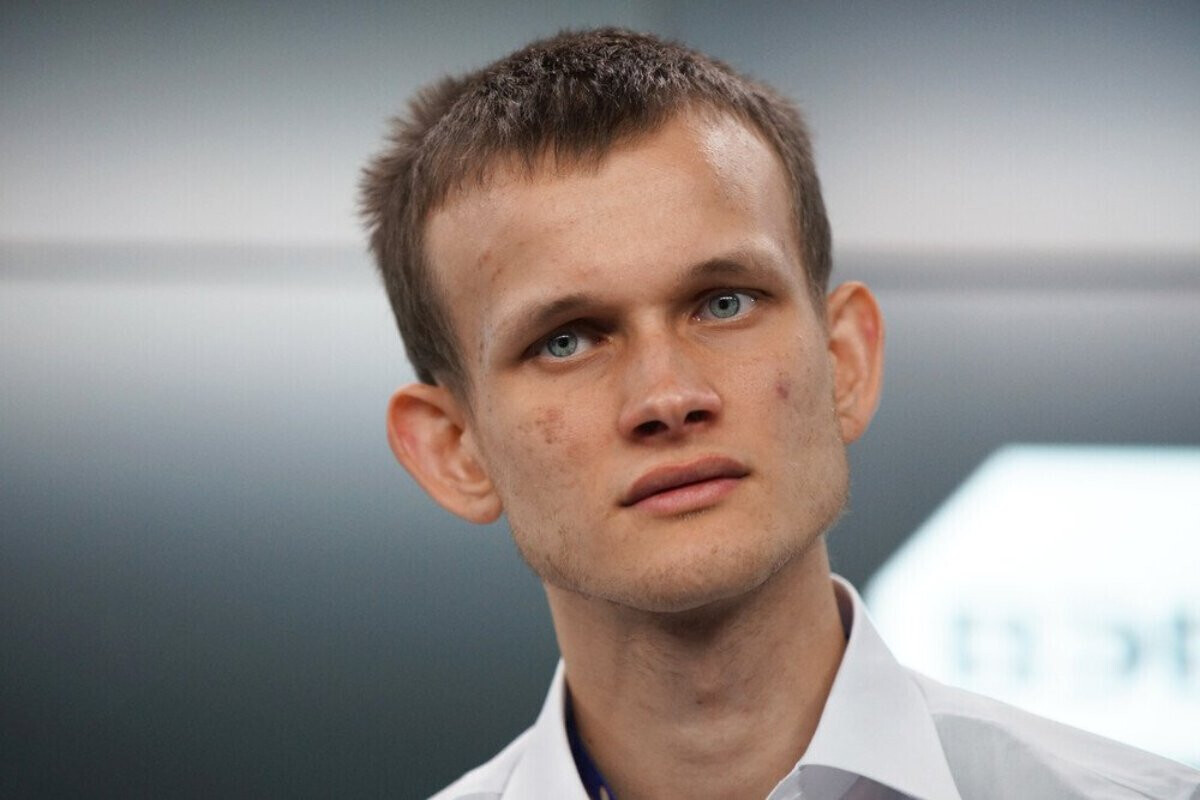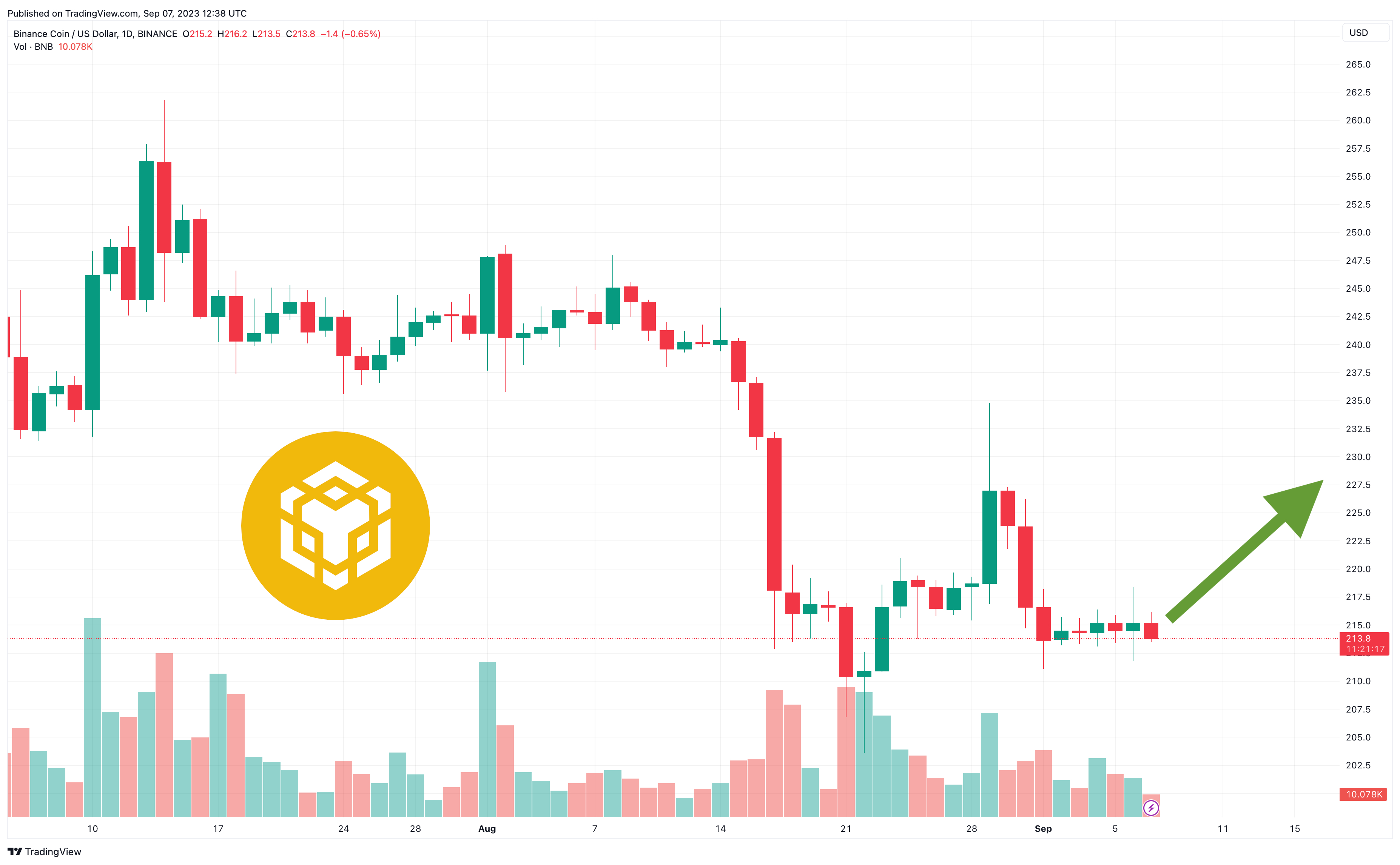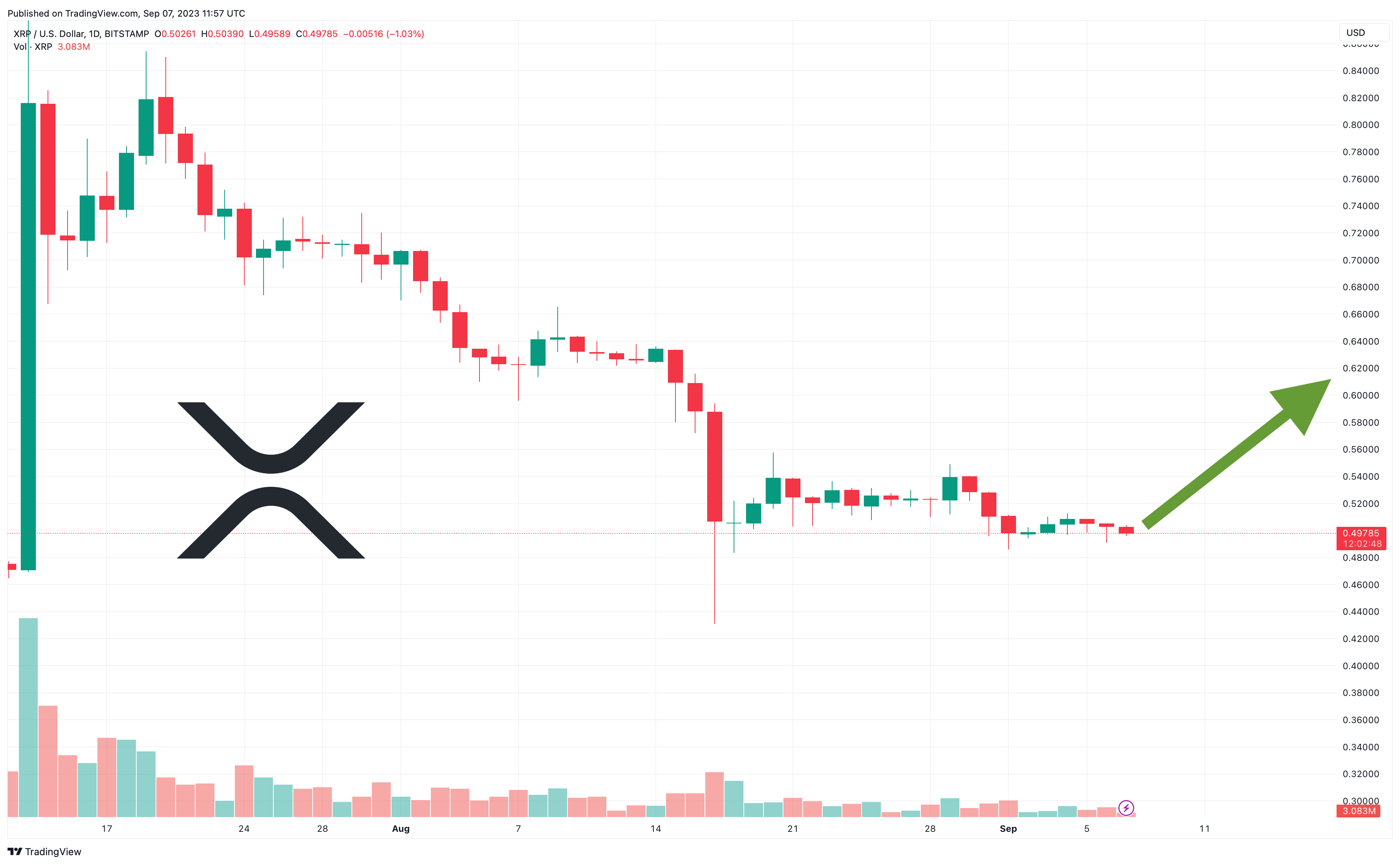Ethereum Co-Founder Vitalik Buterin Explores Privacy Protocol Amid Tornado Cash Concerns

Ethereum (ETH) co-founder Vitalik Buterin has collaborated on a research paper that explores the development of a privacy protocol called Privacy Pools.
The paper aims to address concerns surrounding existing privacy platforms such as Tornado Cash while advocating for the coexistence of financial privacy and regulation, according to its abstract.
Aside from Buterin, a number of other crypto veterans also collaborated on the paper, including core developer Ameen Soleimani, Chainalysis researcher Jacob Illum, and academics Matthias Nadler and Fabian Schar.
Described as a "smart contract-based privacy-enhancing protocol," Privacy Pools utilizes zero-knowledge proofs to assess the legitimacy of user funds without revealing the complete transaction history.
The main objective is to establish a "separating equilibrium" that filters out funds associated with criminal activities while striking a balance between privacy and regulatory requirements.
Privacy Pools to Increase Privacy While Filtering Out Unlawful Transactions
The proposed approach allows users to publish zero-knowledge proofs that demonstrate the origin of their funds without disclosing the entire transaction graph.
This offers a potential solution for verifying the legality of funds while preserving transactional privacy.
"The core idea of the proposal is to allow users to publish a zero-knowledge proof, demonstrating that their funds (do not) originate from known (un-)lawful sources, without publicly revealing their entire transaction graph," the paper said.
The authors acknowledged the utility of platforms like Tornado Cash as privacy tools. However, they also highlighted the susceptibility of such platforms to misuse by illicit actors.
Tornado Cash faced legal challenges last year when it was accused of facilitating transactions for the North Korea-linked hacking group Lazarus.
In response, the US Treasury Department's Office of Foreign Assets Control blacklisted Tornado Cash in August 2022 due to its alleged involvement in illicit activities.
By exploring the development of Privacy Pools, Buterin and his collaborators aim to address the concerns raised by Tornado Cash's legal troubles while advocating for a privacy protocol that aligns with regulatory requirements.
“In many cases, privacy and regulatory compliance are perceived as incompatible,” the authors wrote.
“This paper suggests that this does not necessarily have to be the case, if the privacy-enhancing protocol enables its users to prove certain properties regarding the origin of their funds.”
Meanwhile, Buterin has recently admitted that centralization of nodes is one of the Ethereum network’s biggest challenges, given the fact that the majority of the 5,901 active Ethereum full nodes are run on centralized platforms such as Amazon Web Services (AWS).
The Ethereum mastermind said that he hopes in the future fully verified Ethereum nodes can “literally” run on a phone.
He claimed that solving the issue with centralization of full nodes is a “big piece of the puzzle” to making Ethereum more decentralized.















